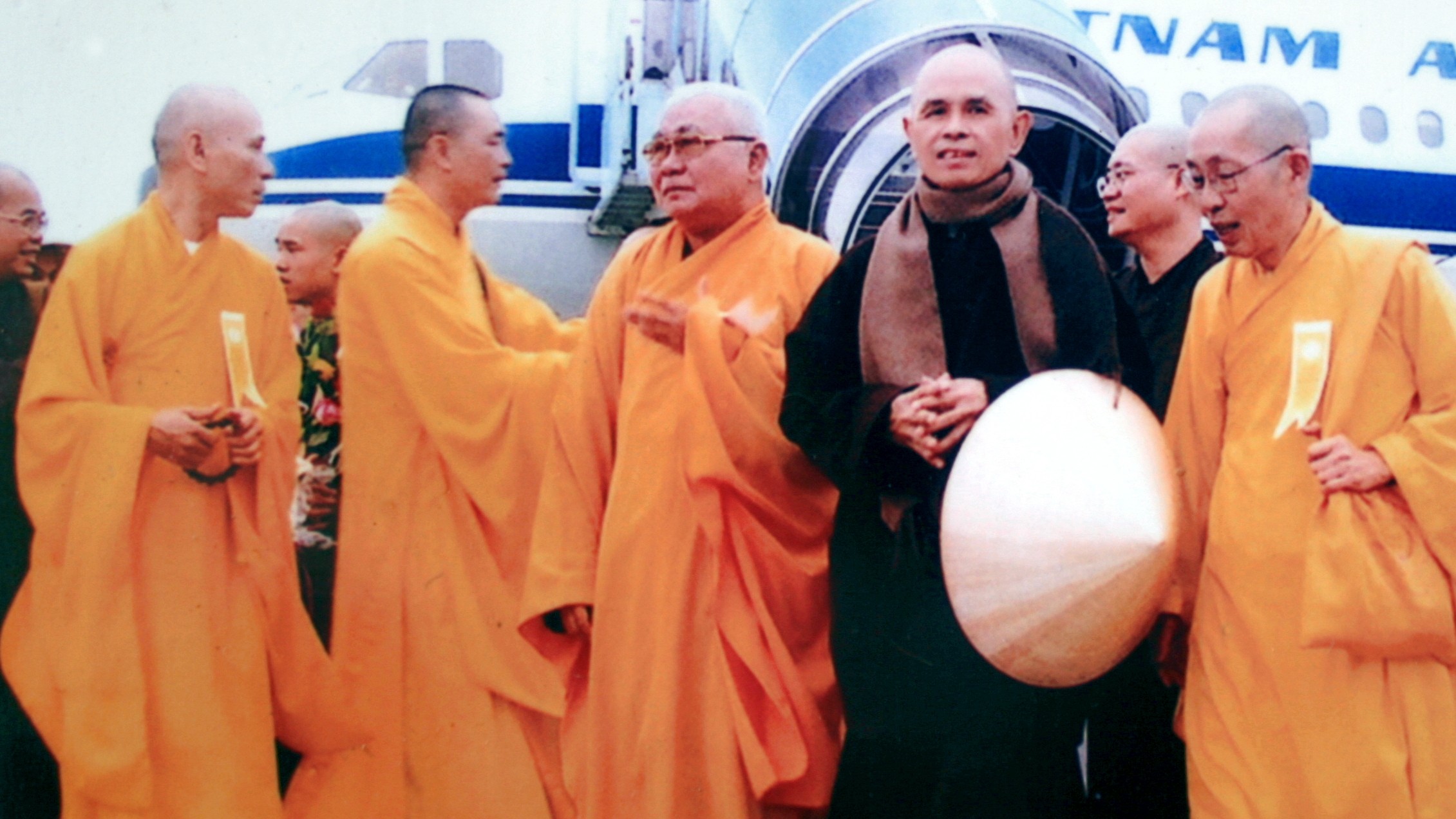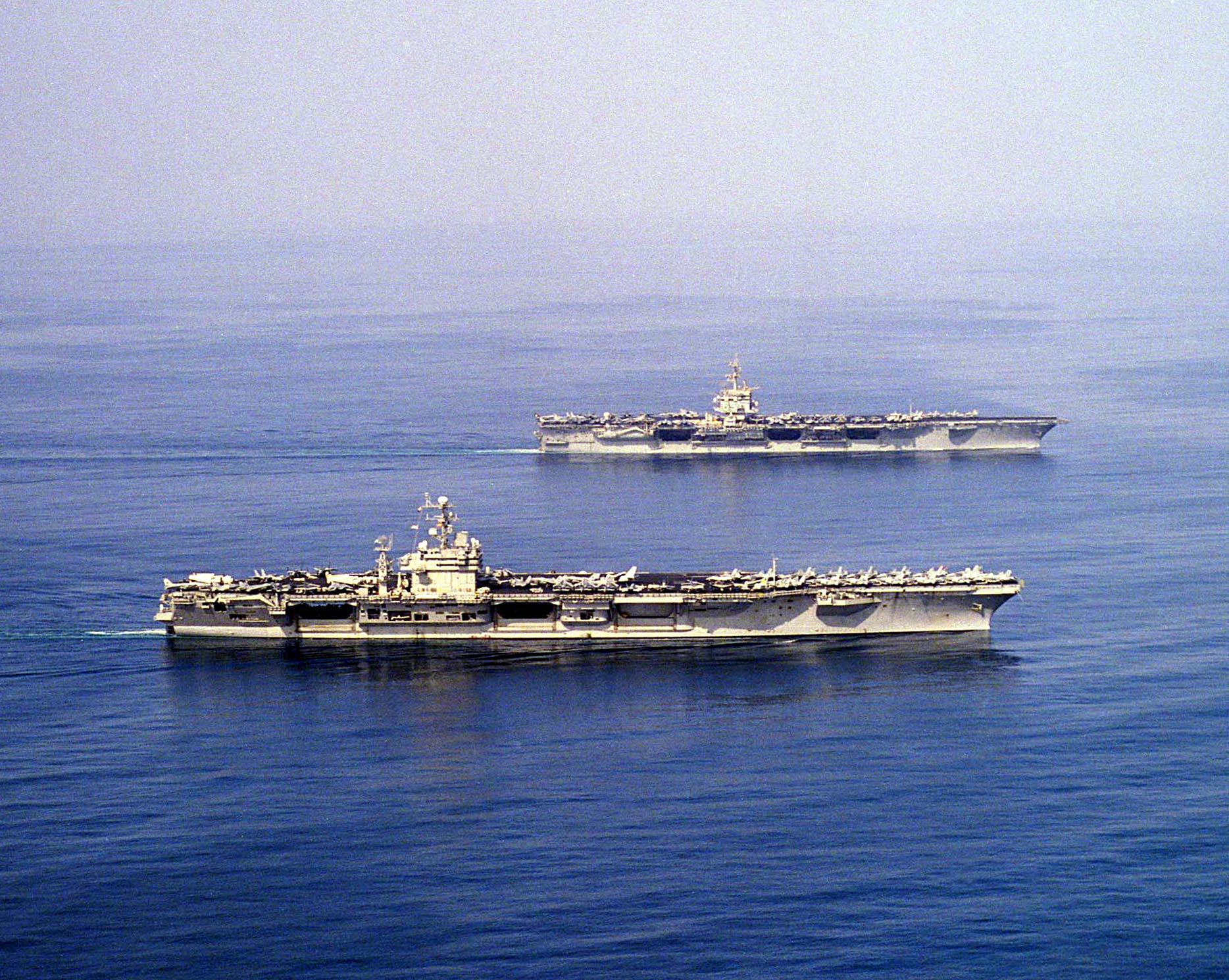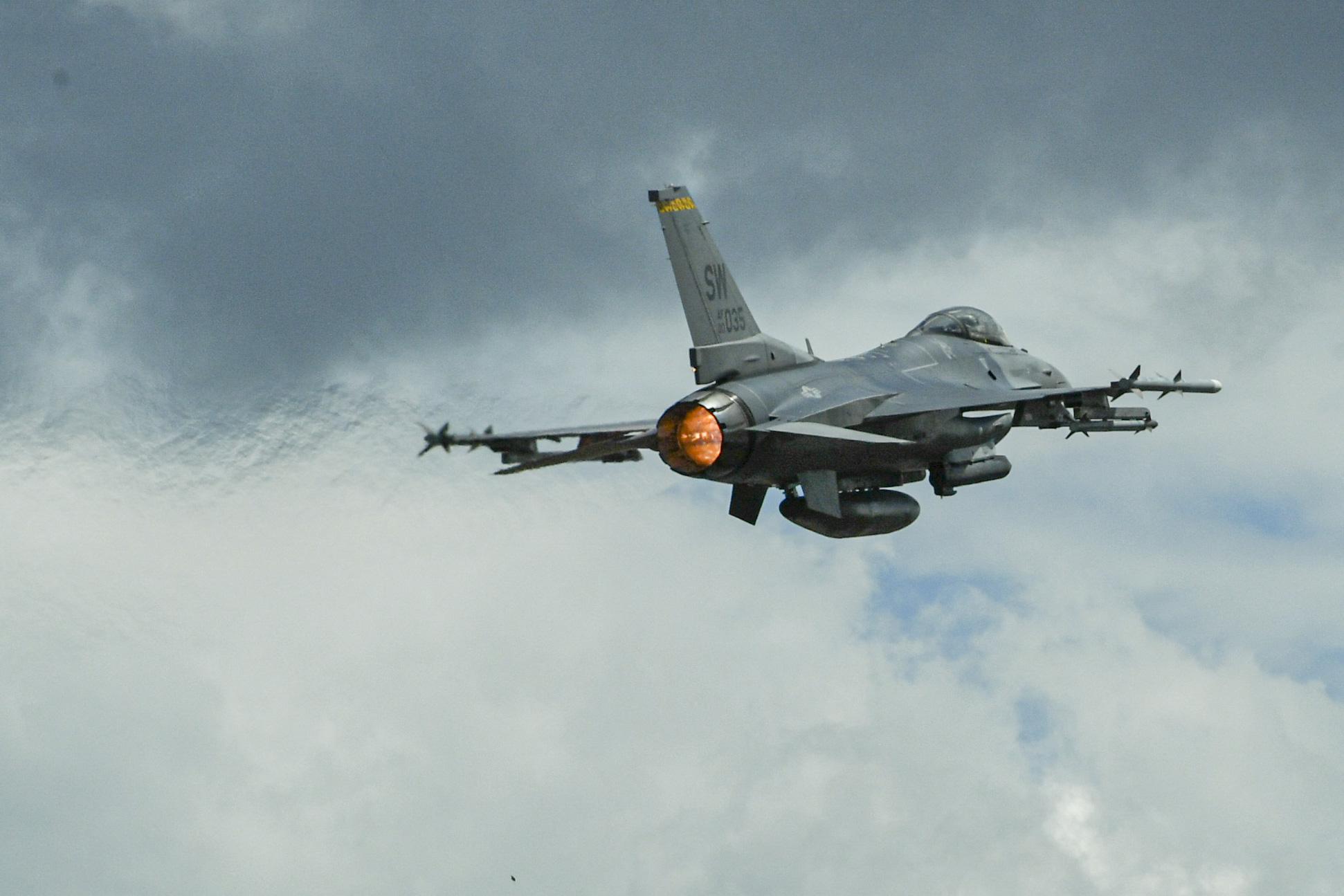Why Are We in Afghanistan?

Matthew Hoh thinks there is no good reason. And his opinion is significant, because he is the U.S. Government’s Senior Civilian Representive in the Afghan province of Zabul — or was, until he resigned last month.
Here is his letter of resignation, in pdf form, supplied by The New Yorker’s Amy Davidson, who makes insightful points about the letter in her blog. Hoh, who was a decorated Marine captain in Iraq before he took his State Department post in Afhganistan, says the insurgency there isn’t for the Taliban, but rather against foreign occupiers. In other words, the U.S. faces a local movement in which a group (in this case, the Pashtuns) seeks to protect its interests — but instead of seeing this movement clearly, Americans treat it as a representative of our global enemy.
To those of us who were alive in the 1970’s, this sounds shockingly familiar (the shock being that we could ever get ourselves into the same situation again). Hoh makes the parallels explicit: “Our support for this kind of government, coupled with a misunderstanding of the insurgency’s true nature, reminds me horribly of our involvement with South Vietnam,” he wrote. Yes, it’s easy enough to make this analogy in New York or Washington. But when the source is on the ground in Afghanistan, it seems to me, he’s entitled.
About any important subject, it’s not enough to ask what you know; you also have to ask how you know it. Does seeing Afghanistan through the lens of Vietnam help us or hurt us? I don’t know; but I’m struck lately by how often the people using this analogy are knowledgable professionals, not just media chatterers.




